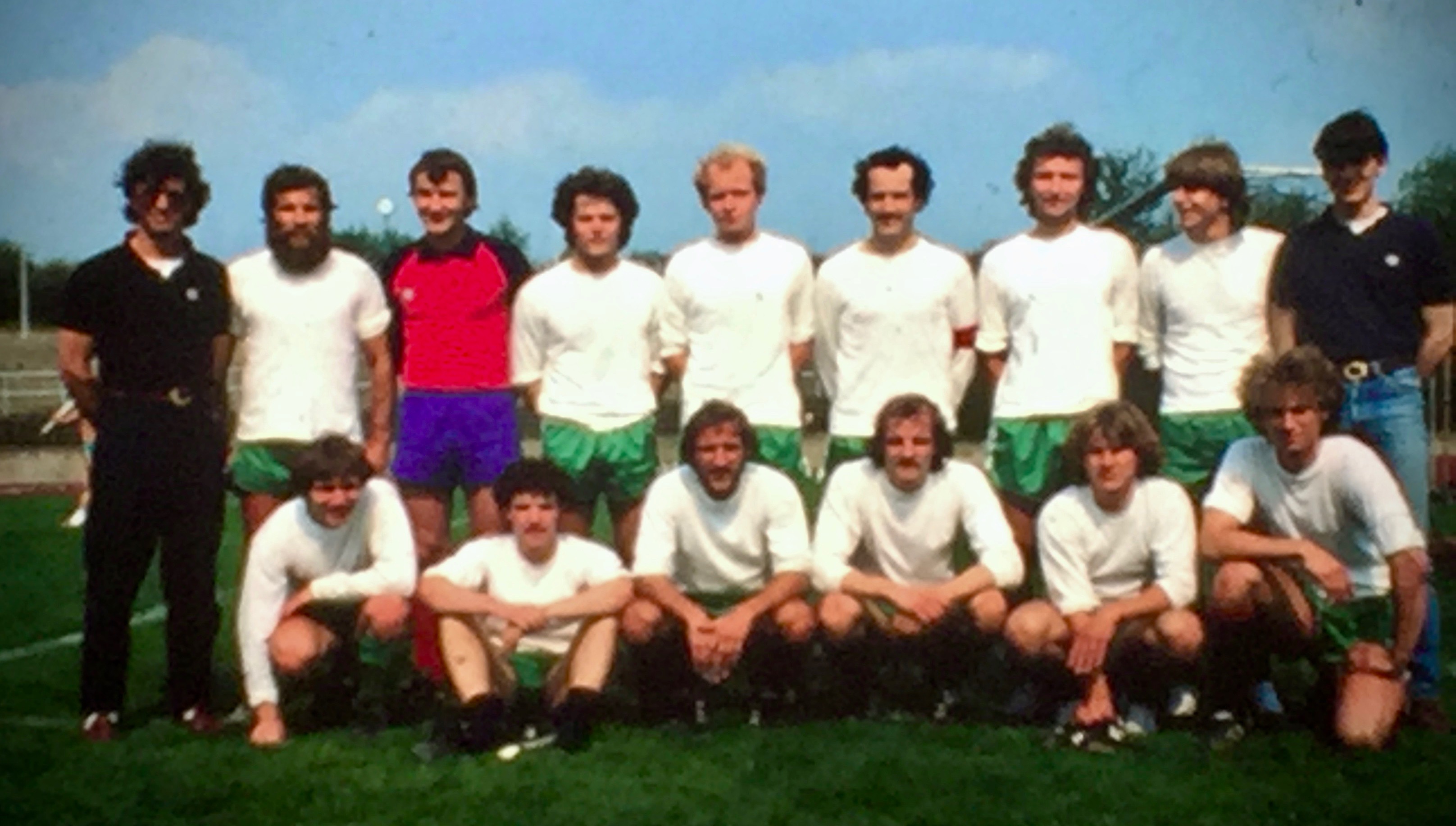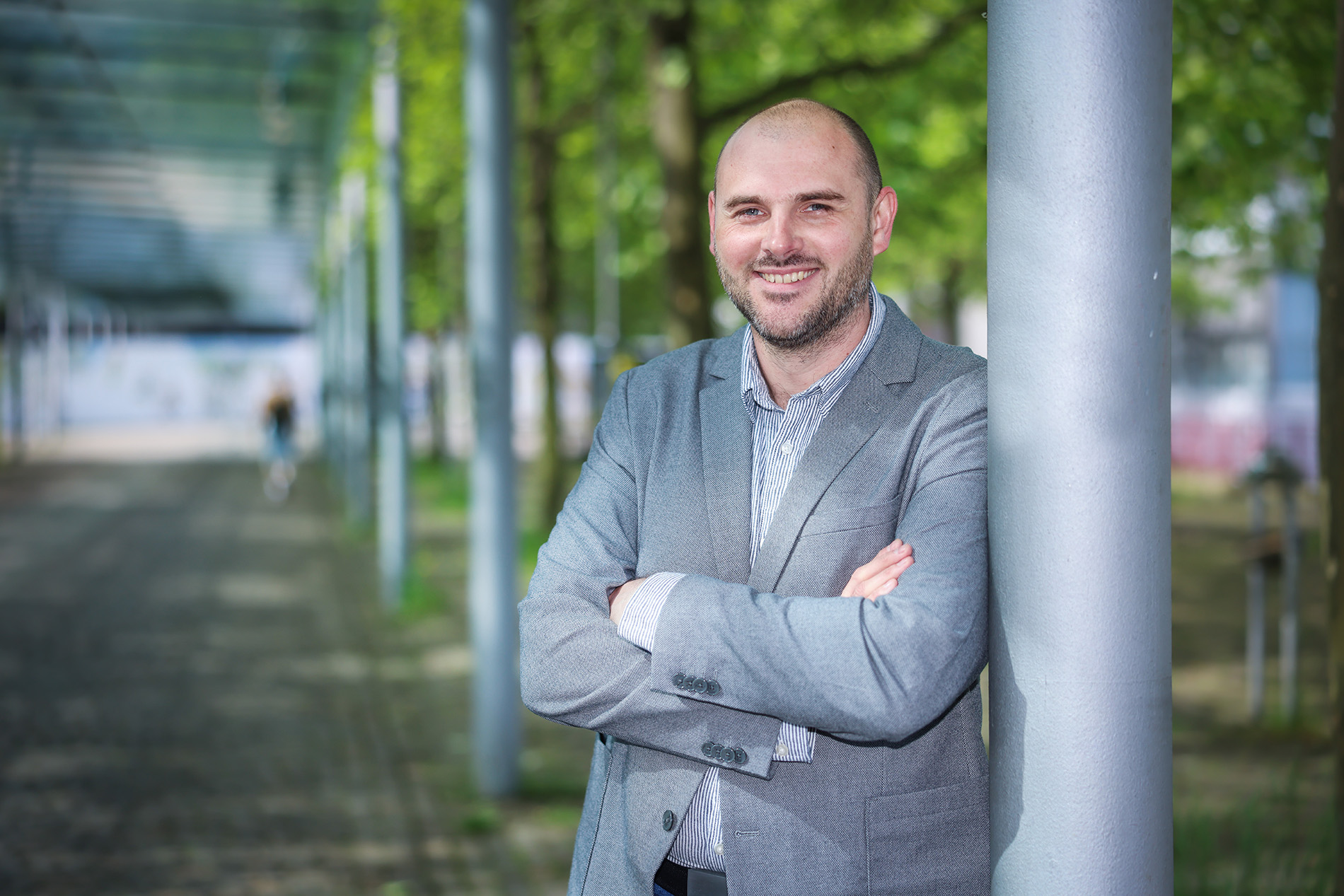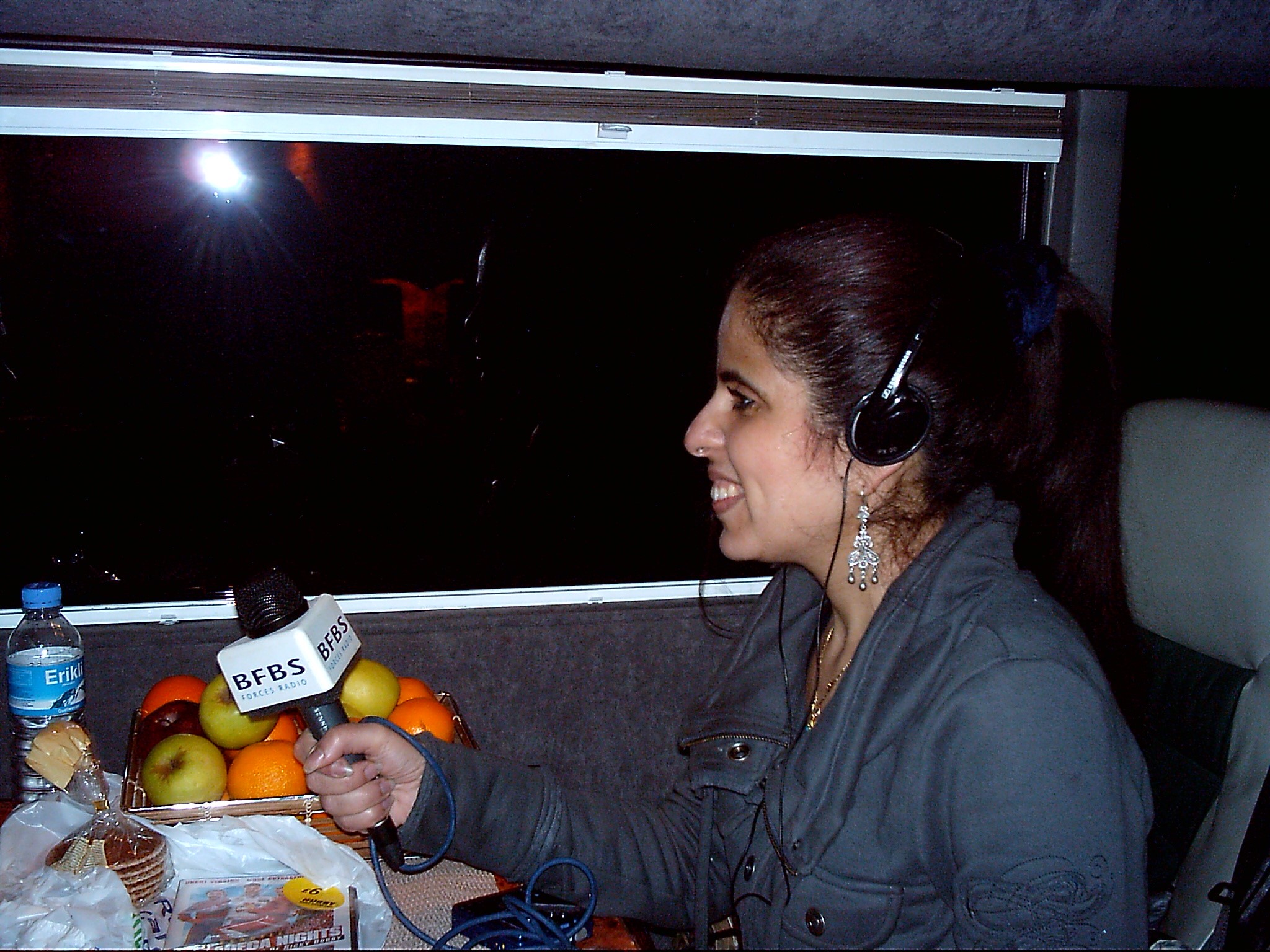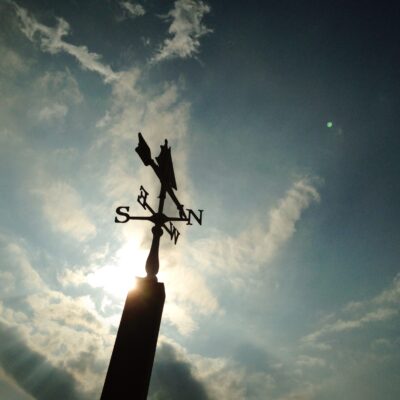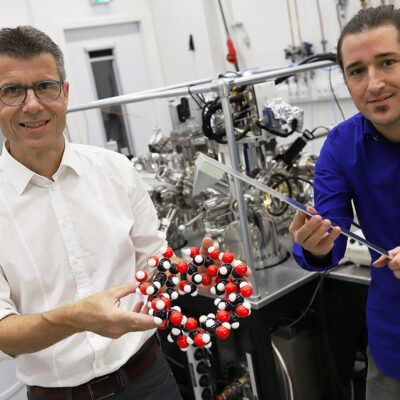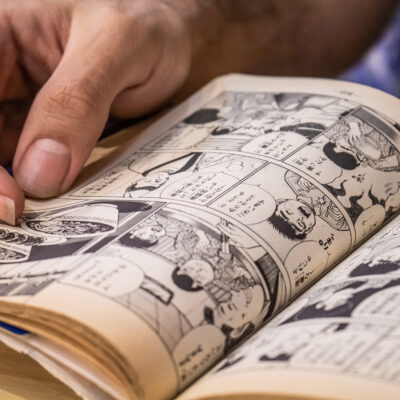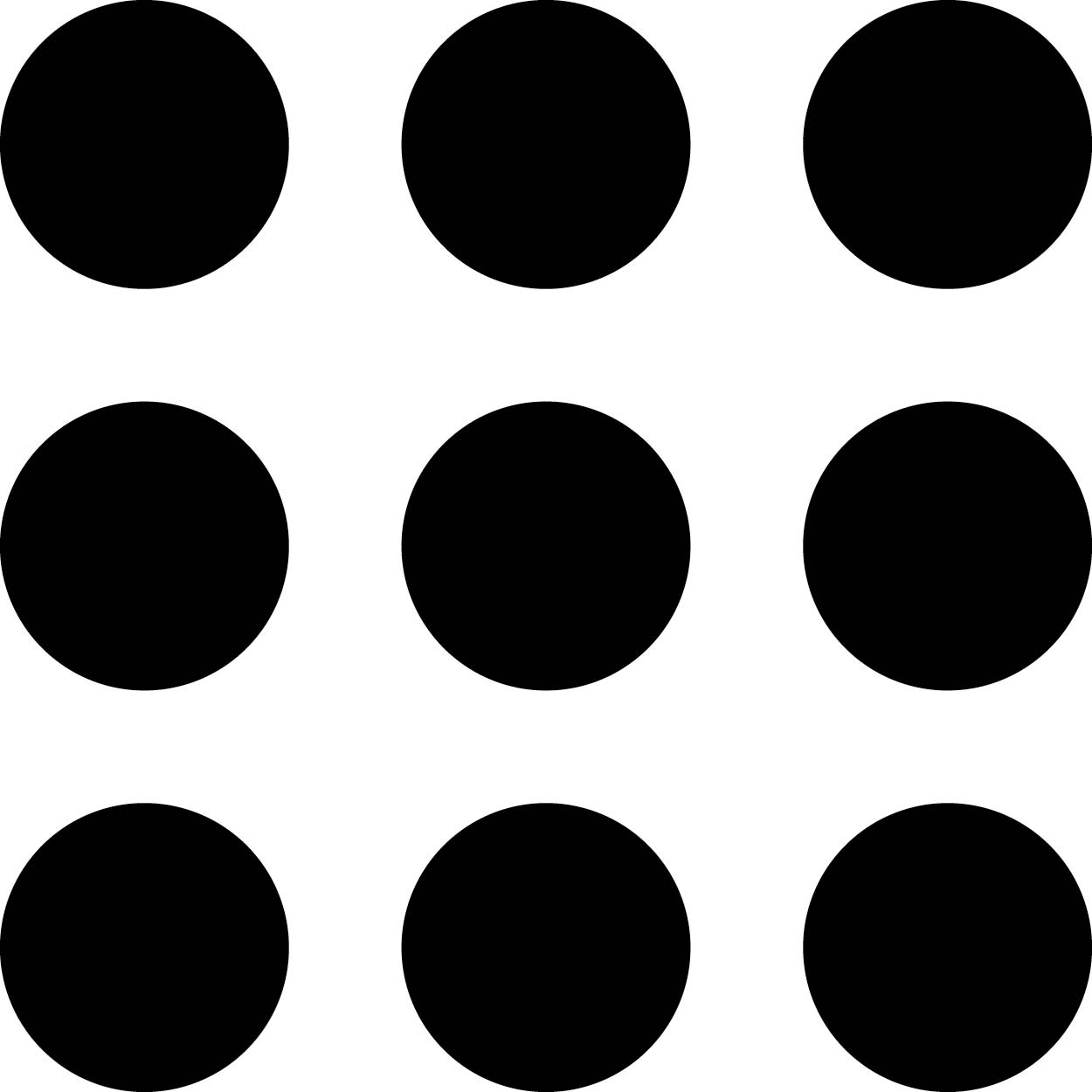Dr Yaroslav Zhuravlov is a postdoctoral historic researcher from Ukraine financed by a scholarship from the young researchers’ fund (Bielefelder Nachwuchsfonds) at Bielefeld University. He has started his research project on the collective culture of remembrance of the Babyn Yar war crimes site since early this year. Journalist Amy Zayed spoke to him about how he feels as a Ukrainian scientist in Germany and how he feels about the importance of research on Ukrainian history after the Russian attacks on his country.
What led you to a research position in Germany?
I am a historian from Ukraine, but I am also studying the history of Ukraine. Moreover, during my student years I specialized more in pre-modern history, and when I was a graduate student, I focused on the history of Ukraine in the twentieth century, in the Soviet period. So, when we talk about this period, Ukraine has excellent and extremely rich archives, which store real treasures for scientists. For example, in 2015, the archive of the former KGB became fully open and accessible for everyone. However, for me personally it is important not only to be able to work in archives and collect information, but also the ability to process, rethink, criticize.
Germany in general, but especially Bielefeld University, for me is the location where I can work more with theory and methodology of history. Even when I was a student at the Kyiv Taras Shevchenko University, we read the works of Reinhart Koselleck. Now, in my scientific research, I turn to his contributions to conceptual history, social history in general. Therefore, it is a great honor for me to be here at Bielefeld University. It is very important for my research interests to work with colleagues here, to communicate with them. And therefore, to learn more.
What is your research focus?
Allgemein bin ich an der Geschichte der Ukraine nach dem Zweiten Weltkrieg interessiert. Mein aktuelles Projekt heißt: „Babyn Jar, 1944-2022: Eine umkämpfte Erinnerungslandschaft.“ Babyn Jar ist ein Ort, an dem die Nazis mehr als 100.000 Menschen während des zweiten Weltkriegs ermordeten. Die Meisten waren Jüd*innen. Ich erforsche, wie dieser Ort sich verändert und wie er neue Bedeutung gewonnen hat. In general, I am most interested in the history of Ukraine in the postwar period, after the Second World War. My current project, which I am working on here in Bielefeld, is called “Babyn Yar 1944-2022: A Contested Memory Landscape”. Babyn Yar is a site in Kyiv where the Nazis killed more than 100,000 people during World War II, most of them Jews. I am researching how this place was transformed, how it acquired new meanings. This study is about memory, and about Soviet state anti-Semitism, and about Jewish national identity and de-Sovietization. Everything is complicated but extremely interesting.
Is your research experience in Germany any different from your experience in Ukraine, maybe because of different scientific structures or systems?
Ukraine has long been a participant in the Bologna Process. Students have access to Erasmus + for example, various scientific exchanges, international conferences. I would not say that the scientific systems of Germany and Ukraine are very different. Of course, there are some differences. But I think that the opportunity to work in different countries and take the best from each of these countries is the key to successful scientific development for all of us. I came to Germany for new knowledge, but I am also sure that a German scientist who comes to Ukraine and works for some time with Ukrainian colleagues will learn a lot. That is why it is important for all of us. In such cooperation and exchange we all become better. I am sure of that.
How do you think will the war in Ukraine affect Ukrainian research and researchers?
Regarding the researchers from Ukraine, for us the war has been going on for more than 8 years, it started in 2014. That’s why it’s been influencing us all this time. In 2014, Russia annexed Crimea and started hostilities in the Donbas. Thousands of Ukrainians died since then and two million people have become internally displaced persons. In February this year, Putin started the second stage, a large-scale invasion. I hope that research on the history of Ukraine will eventually influence research topics of scientists from the European Union, particularly from Germany. I hope that German researchers, experts, and people working with Russia, Eastern and Central-Eastern Europe will critically rethink the history of previous decades, including the history of German-Soviet and then German-Russian relations. I would like to urge German universities to study the whole multicultural, multiethnic region, and not reduce the history of Eastern Europe to the history of Russia. In the end, by studying Ukraine, we will be able to understand Russia and its history better, too.
Also, German scientists often look at Ukraine with Russian optics, it is important to change this and provide more diversity. I am happy to work at Bielefeld University at the Department of History. There is an extremely powerful team of professionals and I hope that my participation will only strengthen it.
What is your professional opinion as a historian about the Russian attack against Ukraine, especially considering the obvious war crimes that have been committed so far?
To be honest, I did not expect Russia to start this second phase of the war on February 24 – a full-scale invasion. I was very afraid of this, but I naively hoped that the Russian leadership can assess risks soberly. Knowing Ukraine, I understood perfectly well that the nation would fight.
We know what we are fighting for. This is a war for the future, for the future of our children, for human rights, for freedom of speech, this is a war, after all, for Europe and freedom of choice. And what does Russia offer us? What is it appealing to? To the bloody Soviet past? We lost millions of people during the Holodomor organized by Stalin (the great famine in Soviet Ukraine from 1932 to 1933, in which 3.5 to 5 million of Ukrainians starved to death). We lost millions of people during World War II, which was unleashed on the territory of our country by two dictators, Hitler and Stalin. In World War II, the two culprits are Nazism and Communism, or Stalinism, if you will. For modern Russia, Stalin is a hero and an “effective manager.” Although for the whole world he is a bloody tyrant and the killer. After the war, Germany underwent denazification. Russia has not undergone decommunization or de-Stalinization, and we see the consequences now. The crimes of the Russian army have deep historical roots. This is the army that used chemical weapons in Syria, which drowned Chechnya in blood. After all, these traditions are rooted in Soviet times – the same brutality the Soviet army used in Afghanistan in the 1980s. For them, war crimes are unfortunately the norm. And it is a pity that for so many years the European Union, experts and scientists have not wanted to see the true essence of this regime. For Ukraine, World War II is a tragedy, for Russis it is its famous slogan “we can repeat.” Here they repeat. In 1945, soldiers looted and raped German women, later in Afghanistan, Chechnya, and Syria. Currently, Russian soldiers loot and commit rape in Ukraine. The only force that can resist this is the Ukrainian army. We are Ukrainians, we are extremely grateful to our soldiers.
But I very much hope that Germany will also understand its historical role and responsibility. Responsibility not only for actions during the World War II, but also for passiveness in the past decades. Today’s Russia is an existential problem, including a problem for the Russians themselves. I believe that historians should not only study all this, but also speak and explain, including explaining to politicians. Let’s solve this problem together and finally fill the slogan “never again” with real meaning.
